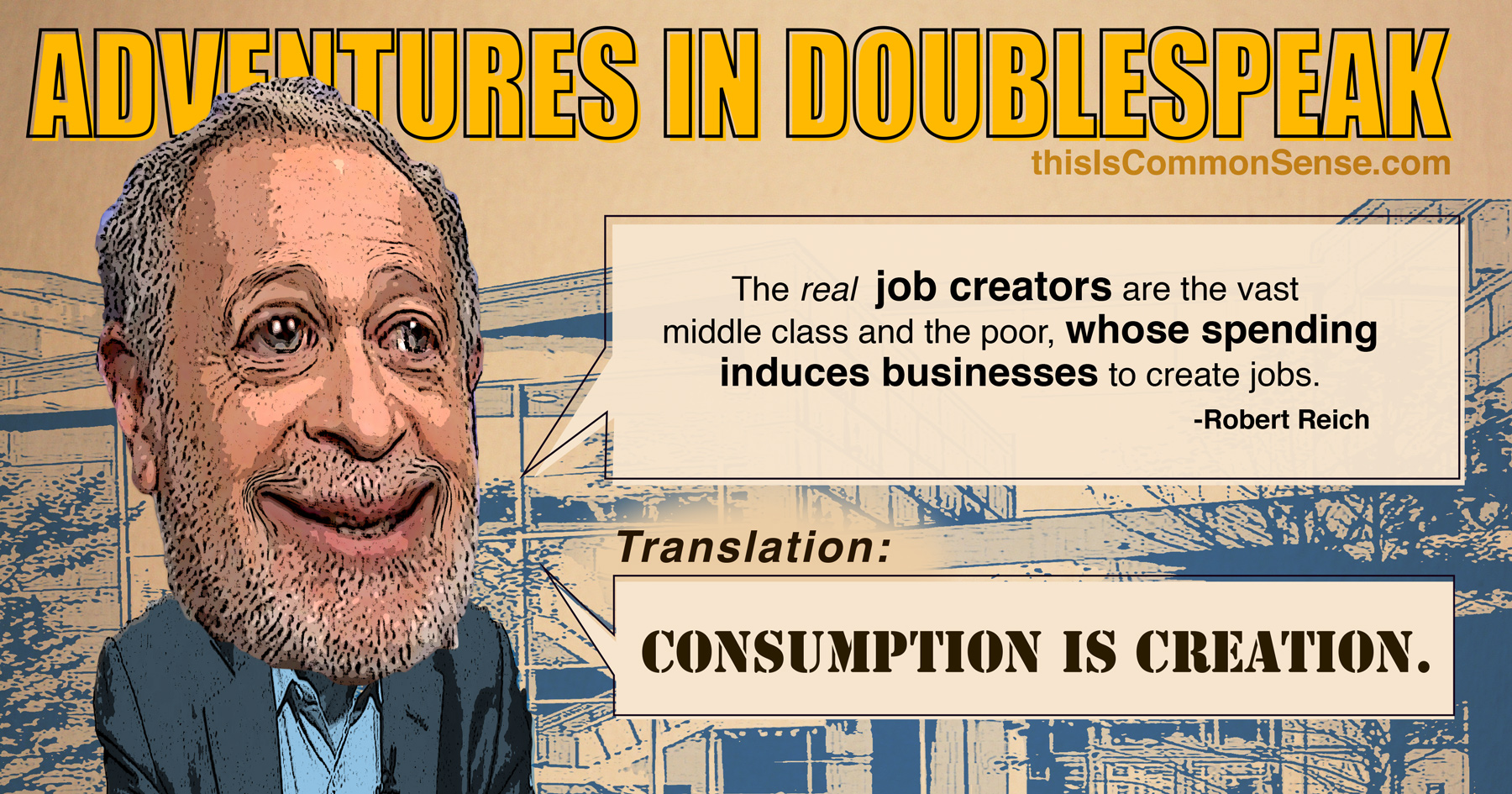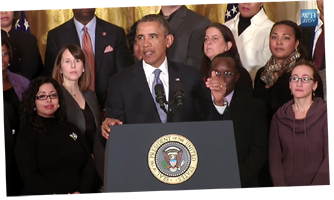Some government officials work overtime to throw people out of work.
What I’m referring to differs from losing your job or business because of slack performance or slackening sales. Instead, you lose the right to earn your living a certain way so that the government can benefit competitors at your expense.
Occupational licensing is great at dis-employing people. The regulations are especially galling when the work being regulated obviously requires no formal training in order to be done well and safely.
Hair braiding, for example.
The Institute for Justice — which has done incredible work over the years representing victims of destructive government mandates — just won a victory for hair braiders in Iowa. Thanks to IJ’s efforts, a new law there exempts braiders from having to waste time and money getting a cosmetology license in order to practice their craft.
Such battles are never won permanently, of course. Washington, D.C., recently started requiring day care providers to get a college degree or lose their job. (As I have argued in a Townhall column, the same “logic” would justify forcing people to get college degrees to become parents.) IJ is helping affected parties to challenge the absurd law.
It is time for a new licensing requirement. Nobody gets to become a local, state or federal lawmaker unless he first writes a million times in a row, “I will never help violate the rights of any man or woman to earn an honest living.”
This is Common Sense. I’m Paul Jacob.








